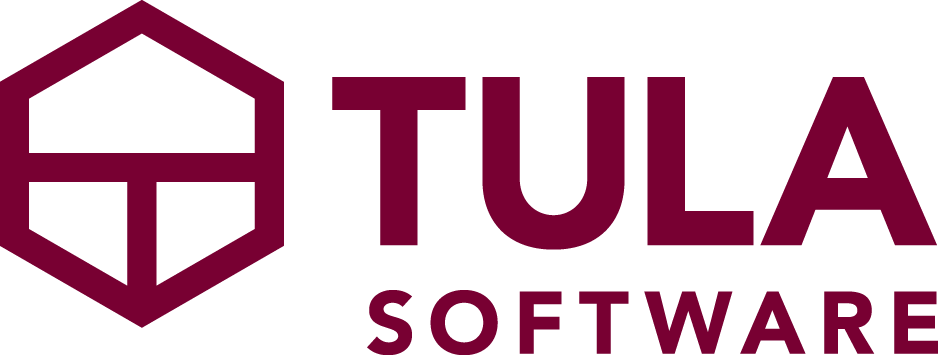So you've decided you want to start your own business, or you know that as an independent contractor it's time to make a few things more official, and bring things to the next level.
Awesome, it's business time!
Getting started can seem overwhelming because it's difficult to know where exactly to start sometimes, but also because thinking about forming a business, getting things online and everything else all at once can seem overwhelming. But remember, even sending a human to the moon is a series of individual tasks completed in a particular order.
So let's go, get that business started!
Forming your business with your state
The first thing you want to do is search for your state's Secretary of State office. For example, information about forming an LLC in the state of New York can be found here: http://www.dos.ny.gov/corps/llcguide.html
The secretary of state website is pretty much always where things start. You'll search the state database to make sure the name you wan't isn't already taken, and then you can form your business by filling out the right application. Usually the fee is somewhere between $300 and $600.
Obtaining an FEIN
Once you've filed with the state, you'll have your business name, so you can proceed with getting your Federal Employer Identification Number from the federal government. This can be done very easily online at the IRS website here: https://www.irs.gov/Businesses/Small-Businesses-&-Self-Employed/How-to-Apply-for-an-EIN
The reason this is the second step is because in order to obtain an FEIN you'll need to have your business name.
Establishing Bank Accounts
At this point you officially have a business, so it's time to set up bank accounts. I recommend getting a business checking account, business savings account, and business credit card. Often times, the simple act of opening a business checking account will qualify you for a business credit card.
Now at this point you have a legal entity with a Tax ID, Bank accounts to collect revenue, and you're registered with your state. (Note: Depending on your city and the business you're starting, you might need to obtain a city business license as well, so spend a moment to search that. But the heavy lifting if you're establishing you're yoga business is probably done now, from a legal standpoint anyway.)
Taking payments, Tracking Revenue and Recording Expenses
Now that you're a business, one of the most important things you need is for it to be easy for people to pay you. Head on over to http://squareup.com to get a square account so you can easily take credit card payments in person. Then, head on over to http://stripe.com and set up an account there. A slew of web services, including our own Tula Software, integrate with Stripe to power payments. Having a stripe account will allow you to easily take payments online in a number of ways.
Next, go get some accounting software. I recommend http://lessaccounting.com because it's easy to use and hooks up nicely to most banks.
Stand up a website
Now you'll want a website to showcase your business. We generally recommend Squarespace as they're easy to use, mobile ready and have great themes. Of course you have another of other options such as http://wix.com and Wordpress, but we're particularly fond of Squarespace. You can also secure a domain through Squarespace, but I recommend getting one that you control directly through http://hover.com.
If you're going to be using Tula, you might want to check out this video about building a website for your yoga studio with Squarespace and Tula.
At this point you have all the primary foundational elements you need to run and operate your business: A legally formed business, the ability to take payments, a bank account and website. Of course, as you get going you'll end up using a whole host of things I haven't outlined here, but this will get the initial infrastructure of your business going. Good luck and feel free to leave any questions in the comments and we'll help as best as we can!

